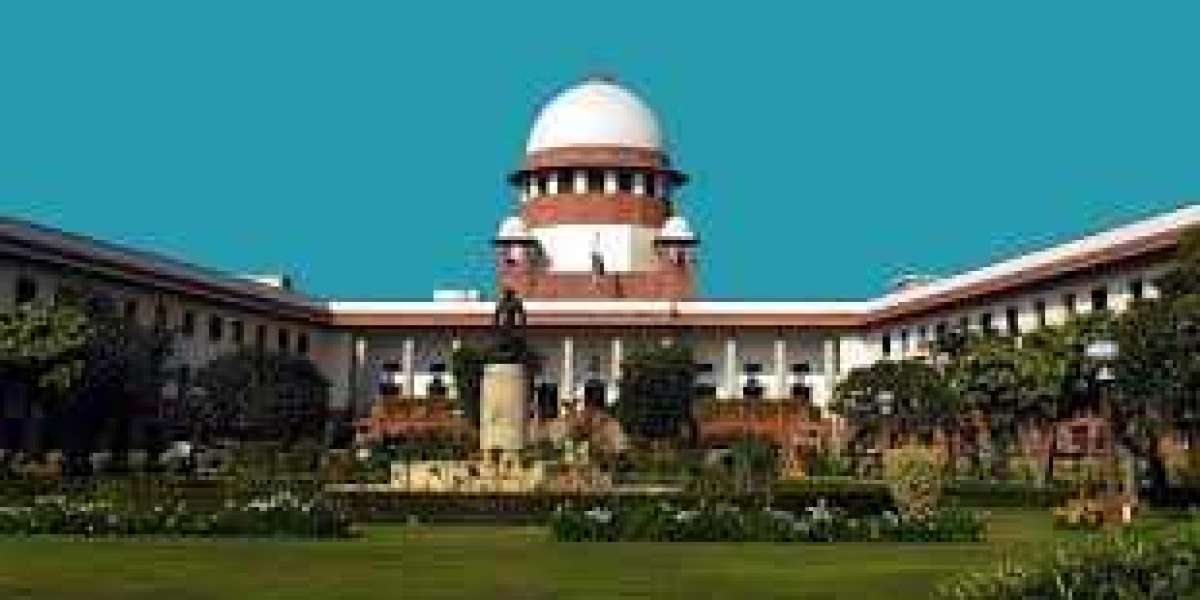In response to the many petitions filed challenging the 103rd constitutional amendment, the Supreme Court appointed a five judge bench for decision regarding the case. Such a bench is chosen when the case involves a substantial question of law as to the interpretation of the constitution.
What is the amendment?
The amendment adds an additional clause to both article 15 and article 16 that deal with the fundamental right to equality, giving parliament to power to make special laws for EWS like it does for Scheduled Caste’s. Scheduled Tribes and OBCs. As per this, SC proved for 10% reservation in government jobs and educational institutions for EWS.
What are the grounds of challenge?
The amendment is challenged on two grounds.
Basic structure of the constitution
The petitioners hold that special protections guaranteed to socially disadvantaged groups is part of the Basic Structure and that the 103rd Amendment departs from this by promising special protections on the sole basis of economic status.
Indira Sawhney Ors v Union of India
The ruling in 1992 held that on demands of the Mandal Report 50% reservations be capped for Scheduled Castes and Tribes and that economic backwardness cannot be the sole criterion for identifying backward class.
Merit
Private and unaided institutions are of the view that fundamental right to practise a trade/profession is violated when the state compels them to implement its reservation policy and admit students on any criteria other than merit.
Government’s arguments
Defendants argued that under article 46 of the Constitution, part of Directive Principles of State Policy, it has a duty to protect the interests of economically weaker sections.
On the charges against basic structure being violated the government argued “to sustain a challenge against a constitutional amendment, it must be shown that the very identity of the Constitution has been altered”.
In the Ashok Kumar Thakur v/s Union of India apex court held that the definition of OBCs was not made on the sole criterion of caste but a mix of caste and economic factors.
For the unaided institutions, the government argued that the Constitution allows the Parliament to place “reasonable restrictions” on the right to carry on trade
The court agrees that there are at least three substantial questions of law: economic criteria can’t be the basis to determine backwardness, EWS quota exceeds the 50% cap, and the rights of unaided institutions.







